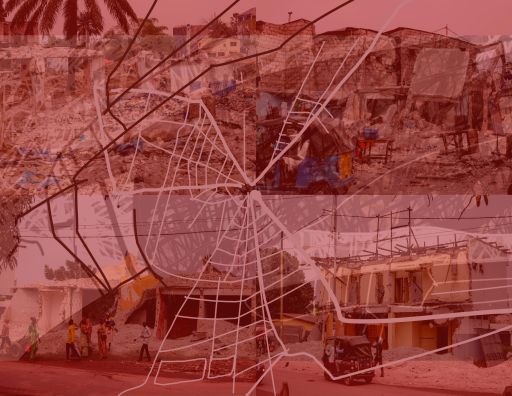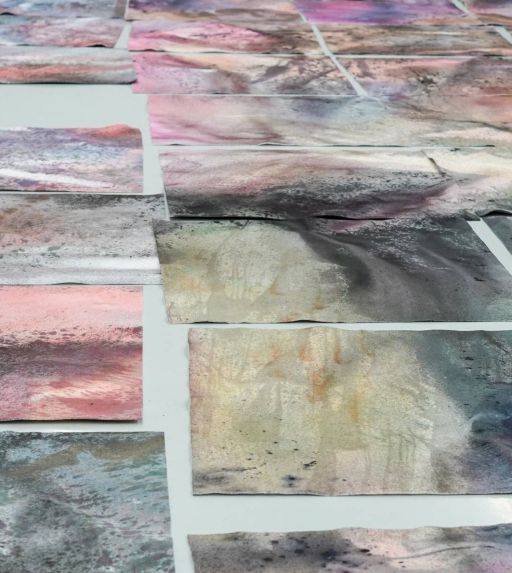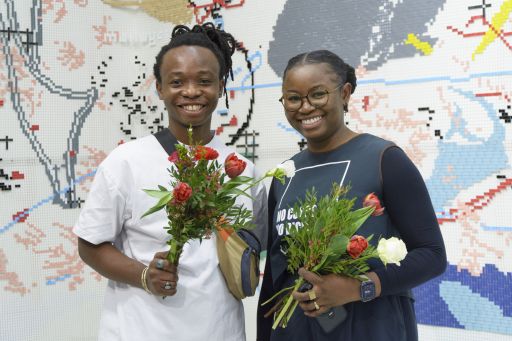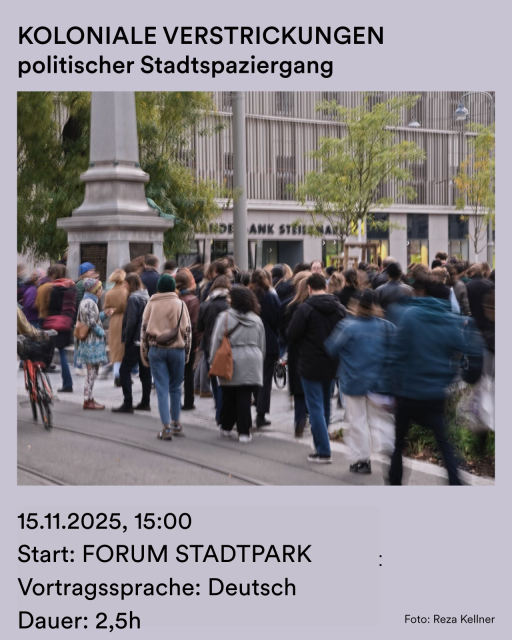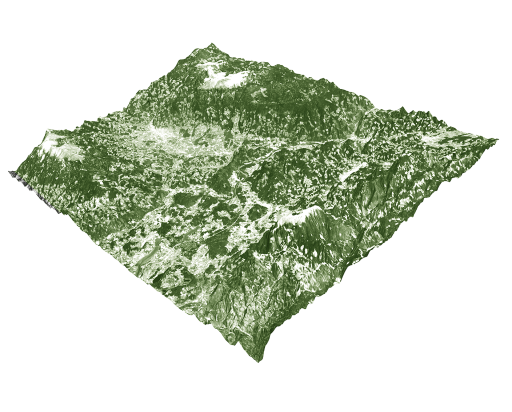Marwa Arsanios
Who is Afraid Of Ideology? Part 1
Int. Agency for Expropriation
“Shot in the mountains of Kurdistan in early 2017, Part 1 focuses on the Kurdish autonomous women’s movement and its structures of self-governance and knowledge production. This is a guerrilla-led movement that views gender liberation as a coexisting and equal struggle to that of resolving the conflicts of war, feudalism, religious tensions, and economic struggle. But despite its core emphasis on ecology and feminism, the movement is not a liberal project. It is an ideology that has emerged from and is practiced through war. The movement’s most recent participation includes the Syrian Revolution, which began in 2011 and remains ongoing. Through a series of testimonies, Marwa Arsanios tracks the practical work of the movement: how to use an axe, how to eat fish within its biological cycles of production, when to cut down a tree for survival and when to save it. But the film also explores how individuals come to conscious participation in the movement - in short, how they become part of the guerilla. The importance of group learning is indeed key to the Kurdish autonomous women's movement. In the film, the soundtrack of these testimonies, analyses, and critical histories from those within and in proximity to the movement are edited together in a single, solid density. With only one exception the recorded dialogues are divorced from each speaker. Arsanios’s conscious choice to work almost entirely with nondiegetic sound (where audio does not run in synchronicity with image) is an interruption to what critical theorist Kaja Silvermann calls “classic cinema’s rigorous ‘marriage’ of voice to image,” or, in other words, the film defies the conventions of documentary portraiture in favor of foregrounding the complex difference of what it might mean to be heard and what it might mean to be understood—two different things.”
-- Mason Leaver-Yap, 2017
Marwa Arsanios is an artist, filmmaker and researcher whose work can take the form of installation, performance and moving image. She reconsiders the political development of the second half of the twentieth century from a contemporary perspective, focusing on gender relations, collectivism, urbanism, and industrialization. Her research work includes many disciplines and is deployed in numerous collaborative projects.
The film screening will be followed by a discussion with Marwa Arsanios about Who Is Afraid of Ideology, part 1 and part 4 (included in Besessene Berge/Possessed Mountains).

